As President Evariste Ndayishimiye marks five years in office, experts are raising red flags over what they describe as a deepening economic crisis in Burundi. Despite early pledges to revive the struggling economy, key indicators have worsened significantly since he took office in 2020, raising concerns about the country’s fiscal stability and development prospects.
At a press conference held Monday, economist Faustin Ndikumana painted a bleak picture of the nation’s economic performance. “When we evaluated the government’s progress—much like grading a student’s report card—we found that in many sectors, not only has there been no improvement, but significant regression,” he said.
Ndikumana, who heads PARCEM, a civil society group that monitors governance and economic performance, cited alarming inflation rates as a prime indicator of decline. “In 2020, inflation was at 8%. Today, it’s soared to 40%,” he said. He also noted that the country’s foreign currency reserves have plummeted from one and a half months’ worth of imports to just two weeks.
According to him, the decline isn’t limited to inflation. Public debt has climbed from 40% of GDP in 2020 to nearly 60%, while agricultural growth—central to Burundi’s economy—stands at just 3%, far below the 15% needed to meet national development goals. “Farmers struggle to afford fertilizer, and food prices continue to rise as harvests dwindle,” he also told BBC Gahuza, the BBC’s regional news service for the Great Lakes, which primarily broadcasts in Kirundi and Kinyarwanda
Ndikumana also expressed concern over the decline of key state-run companies such as SOSUMO, the national sugar manufacturer, and ONATEL, the state telecommunications provider, warning of a looming institutional collapse. He said sectors like tourism, mining, and private enterprise are all showing signs of stagnation or regression, while corruption remains rampant and government accountability weak.
The economist called on the government to acknowledge the severity of the economic crisis. “The first step toward recovery is admitting the problem,” he said. “If we continue denying it, especially with our foreign currency issues unresolved, we will not heal. The survival or collapse of Burundi lies in the hands of the current leadership.”
He rated the government’s overall performance at just 48%, acknowledging limited progress but criticizing it as insufficient to bring about meaningful transformation.
Economist André Nikwigize echoed these concerns, blaming the government’s lack of strategic planning and failure to appoint competent professionals to key positions. “Public enterprises are often run by political appointees with little technical expertise,” he said in an interview with the local independent news outlet Iwacu.
Ndayishimiye came to power in 2020 following the death of his predecessor, Pierre Nkurunziza. His presidency began with hopeful rhetoric and a populist slogan promising “a meal for every mouth and money in every pocket.” The president positioned himself as a reformer committed to fighting poverty and economic stagnation.
During a national “thanksgiving” rally in Gitega last week celebrating his five-year milestone, President Ndayishimiye offered a more optimistic narrative. “We are all rejoicing at the progress made,” he told the crowd. “Let us consider this as only the foundation. No one should say we’ve arrived. We must build upon this, double our efforts, and each person should contribute what they can.”
But for many Burundians, that vision feels far removed from daily reality. According to Nikwigize, over 80% of the Burundian population continues to live in extreme poverty, with limited access to basic services and declining purchasing power. Foreign aid has also dropped, and the private sector, once seen as a potential engine of growth, is shrinking.
“There has been some progress,” Ndikumana conceded. “But not enough to change the lives of ordinary Burundians in any meaningful way.”

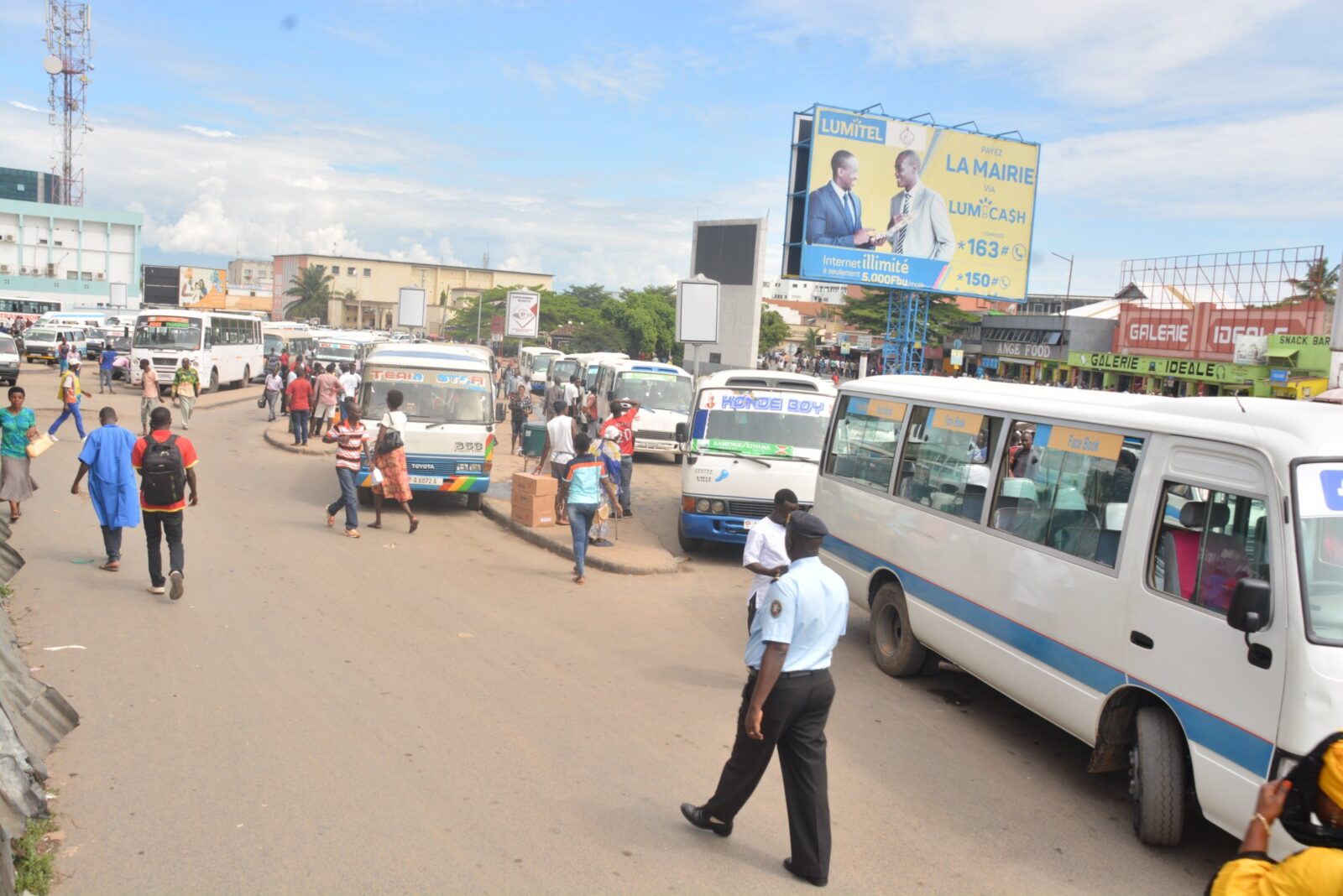
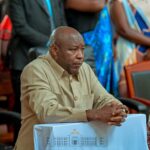
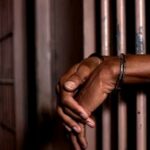
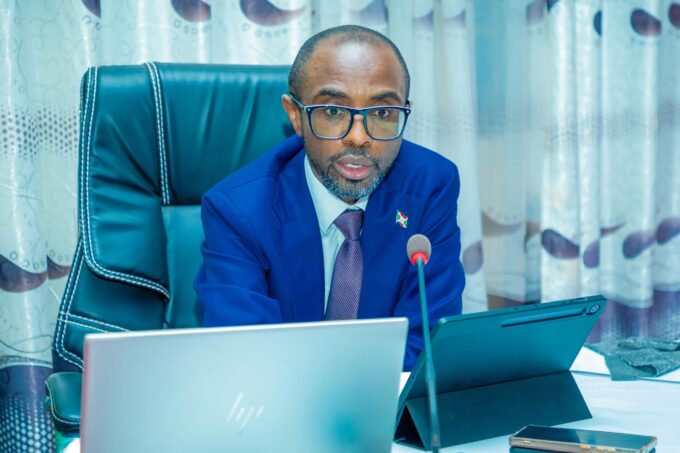
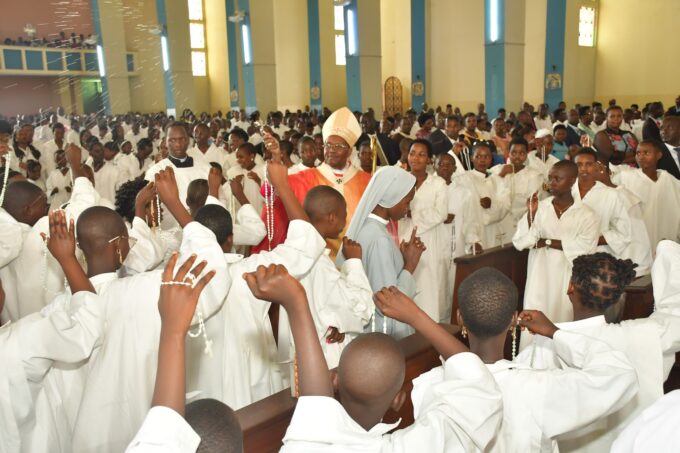
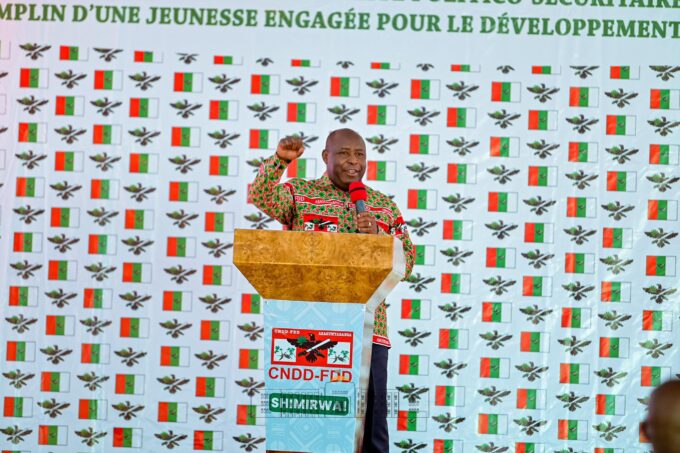
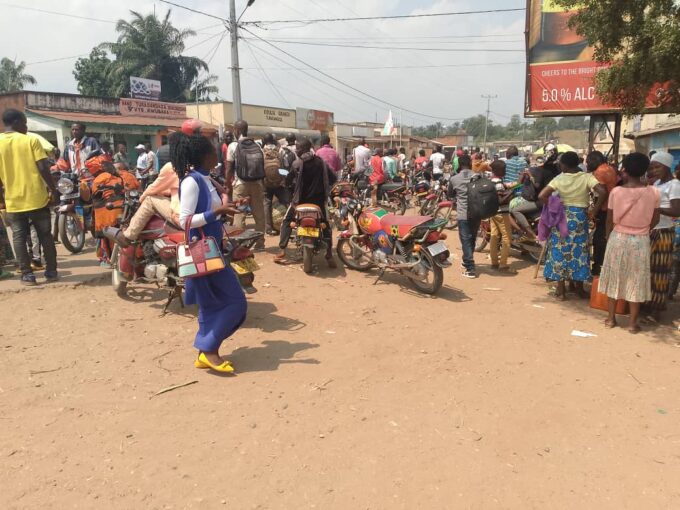
Leave a comment